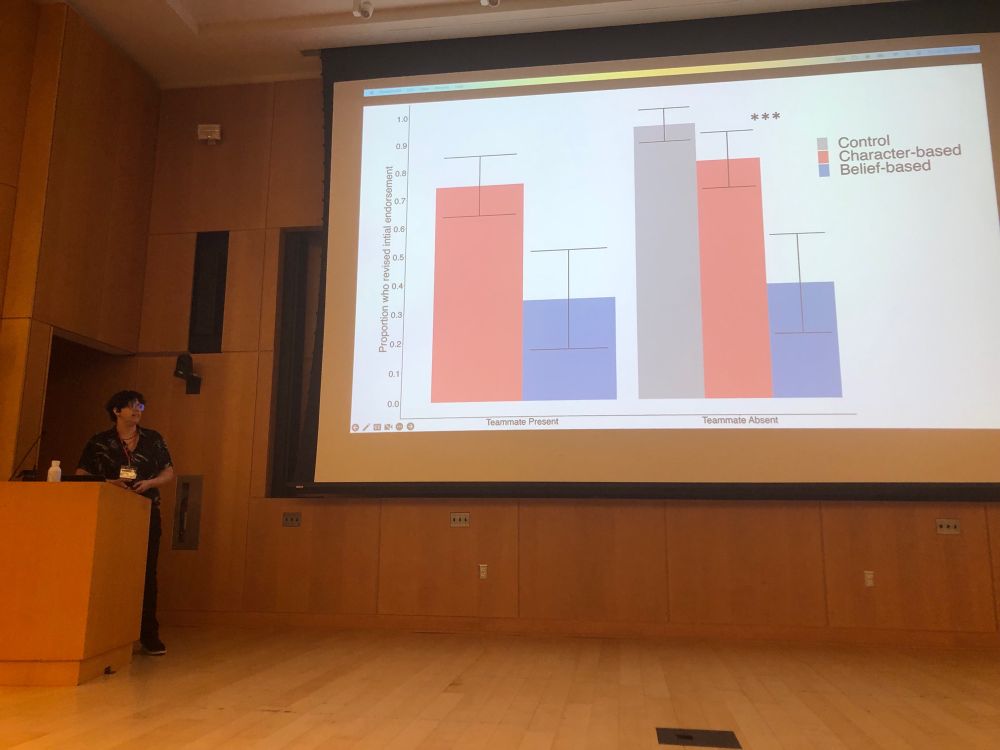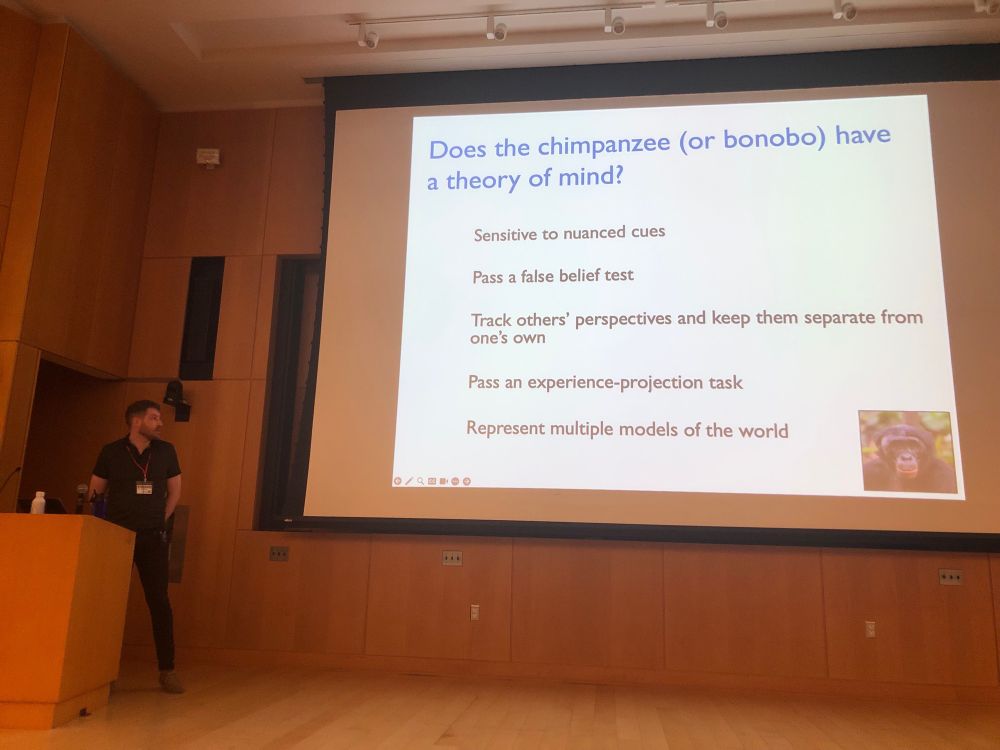Andrew Shtulman
@andrewshtulman.bsky.social
1.2K followers
85 following
65 posts
Professor, cognitive developmental psychologist, and author of SCIENCEBLIND (Basic) and LEARNING TO IMAGINE (Harvard). I love academic bureaucracy and sarcasm.
Posts
Media
Videos
Starter Packs
Reposted by Andrew Shtulman
Reposted by Andrew Shtulman




















